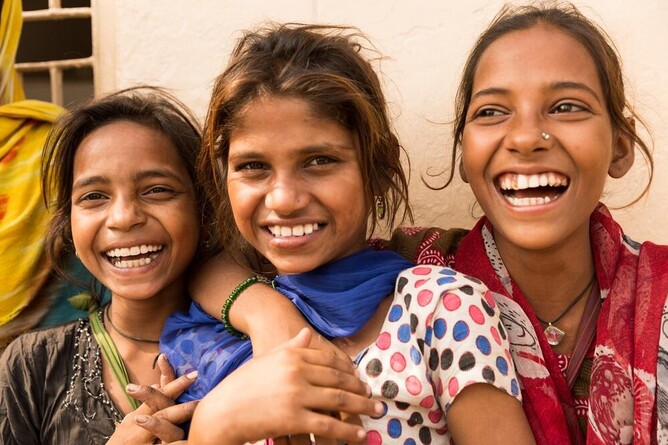Part 4
Last week we dove into poverty’s links with oppression of all strips, and the lies that fuel it. We’re going to finish this series by reflecting on how poverty impacts the personhood of those suffering from it, and then asking what we can do to be agents of healing.
Poverty mars people’s identity
Karma, which is central to many religions, says that people deserve to be in their present condition because of their past actions or even past lives. If they had been better people, they would have been reincarnated into better circumstances. Many poor people in Asia believe this about themselves and think they have no right to education, social services, just employment or decent living conditions. In the mass enslavement of Africans, and in the centuries since, blacks were told they were inferior and often believed it themselves.
Lies are used to disempower the poor, and after generations the poor may believe the lies. If they no longer believe they are made in the image of God, their true identity is marred. In Walking with the Poor, Bryant Myers wrote, “A lifetime of suffering, deception, and exclusion is internalized by the poor in a way that results in the poor no longer knowing who they truly are or the purpose for which they were created. This is the deepest and most profound expression of poverty. The poor come to believe that they are and were always meant to be without value and without contribution.”
This distorted sense of who they are lacks an understanding that they are precious in God’s sight. They believe lies about themselves and need to know the truth. Poverty denies the love and justice of God and the image of God in human beings. Poverty is not just about stuff; these are moral and spiritual issues.
Responding to poverty
If one of poverty’s main roots is disempowerment, the solution is empowerment. The goal is for people to earn all they need through their own efforts and not be dependent on handouts. Little of that involves giving them stuff. In TEAR Australia projects, a lot of funds go to paying the project staff to support, train and empower the poor. People do get stuff, but it is in the context of empowerment. If they get goats, it is in the context of goat-rearing training so they can set up their own businesses. That changes the way the poor think of themselves. Empowerment heals the marred identity of the poor. Giving stuff alone communicates that they are deficient.
I asked a group of project participants in Bangladesh how their lives had changed as a result of the project. They had all established their own businesses and had food security and access to sanitation and safe water. They said very little about stuff, even though they had much more stuff than before, but they listed more than 20 ways they had been empowered.
One man said, “We now have dignity.” Their marred identity is being healed.
What can we do here?
Give
Advocate: The Psalms call on powerful people to treat the poor differently. We can speak up on behalf of the poor.
Pray: Psalms 10 and 12 are also prayers. David calls on God to protect the poor and disempower those who oppress them. Only God can save from evil, so we need to pray.
Ross Farley
Further reading
Walking with the Poor: Principles and Practices of Transformational Development by Bryant L. Myers
When Helping Hurts by Steve Corbett and Brian Fikkert
Orignally Published In Serving Together, an Australian Missionary Tidings (AMT) Publication. Used With Permission. www.amtglobal.com.au

